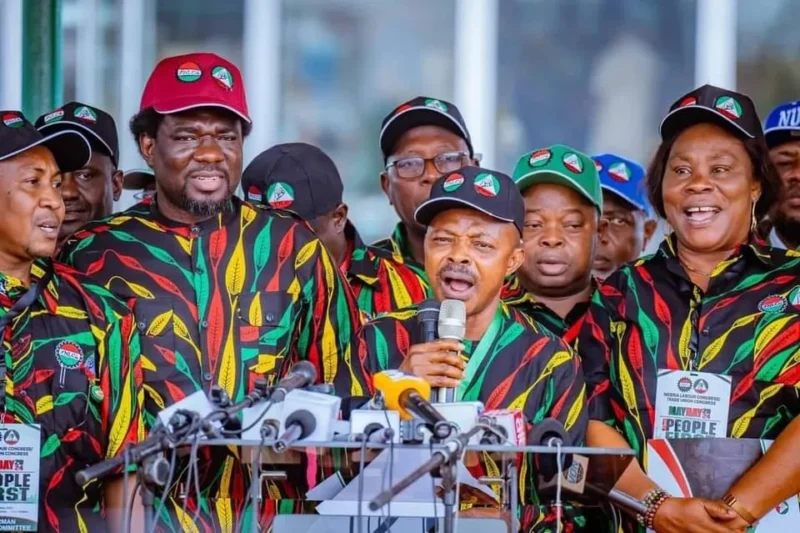Nigeria’s petrol import bill fell 54% in Q1 2025 as Dangote Refinery boosts local supply, marking a major shift in the country’s petroleum trade dynamics
[dropcap]N[/dropcap]igeria petrol import decline has reshaped the country’s trade dynamics in early 2025, with fresh data showing a sharp reduction in spending on imported fuel.
Also read: Dangote Refinery ends fuel queues, boosts Nigerian economy
The country’s petrol import bill fell by 54 percent year-on-year to N1.76 trillion in the first quarter of 2025, compared to N3.81 trillion during the same period in 2024. This is according to the National Bureau of Statistics’ latest foreign trade report.
The drop is even steeper when compared with the final quarter of 2024, which recorded N3.3 trillion in petrol imports.
This marks a 47 percent quarter-on-quarter decline. Analysts and government officials attribute the trend to increased domestic output from the Dangote Refinery, which has steadily ramped up production in recent months.
This is the first meaningful reversal in a five-year trend that saw petrol imports rise consistently. Between 2020 and 2022, Nigeria’s first-quarter petrol import values more than tripled.
In 2020, it stood at N732 billion, rising to N1.29 trillion in 2021 and peaking at N2.69 trillion in 2022. Though there was a brief decline in 2023, imports soared again in 2024 before the current drop.
The decline suggests a structural shift in Nigeria’s petroleum trade, driven by the efforts to revive domestic refining after decades of dependency on foreign refined products.
With the Q1 2025 figure returning to pre-2022 levels, local production is finally starting to replace external supply.
Despite this progress, petrol remains Nigeria’s most imported commodity from the ECOWAS region. In Q1 2025, the country imported N89.18 billion worth of petrol from West African neighbours, accounting for 44.51 percent of all ECOWAS imports.
This shows that while domestic supply is improving, Nigeria still relies on regional trade to meet full demand.
Petrol also made up 41.86 percent of all trade inflows from West Africa and 11.63 percent of total imports from Africa as a whole.
Other petroleum-based products such as gas oil and bitumen continue to shape Nigeria’s trade profile with the region, highlighting persistent gaps in downstream refining capacity.
The Dangote Petroleum Refinery has been at the heart of this transformation. With an installed capacity of 650,000 barrels per day, it is already producing about 85 percent of that output.
Although not yet at full capacity, the facility supplies a growing share of Nigeria’s domestic petrol demand.
The refinery’s growing output has increased competition in the market, pushing retail petrol prices in Lagos down to as low as N860 per litre earlier in the year.
However, operations have not been without setbacks. In March 2025, Dangote Industries briefly halted local currency transactions due to foreign exchange challenges. The firm imports dollar-priced crude but is paid in naira for local sales.
Government intervention has since helped stabilise the naira-for-crude arrangement, ensuring continued operation of the plant.
While the transition is ongoing, the refinery remains a cornerstone in the push to reduce Nigeria’s reliance on imported fuel.
The Q1 2025 figures are encouraging for economic planners seeking to cut the country’s trade deficit. They also reinforce the importance of scaling domestic infrastructure to reduce vulnerability to global price shocks and currency pressures.
Also read: NNPC records N336.37bn in crude oil sales in Q1 2025 as Dangote Refinery takes lion’s share
With continued policy support and operational stability at Dangote’s facility, Nigeria appears poised to achieve a new phase of energy self-reliance.
Oreoluwa is an accountant and a brand writer with a flair for journalism.
























